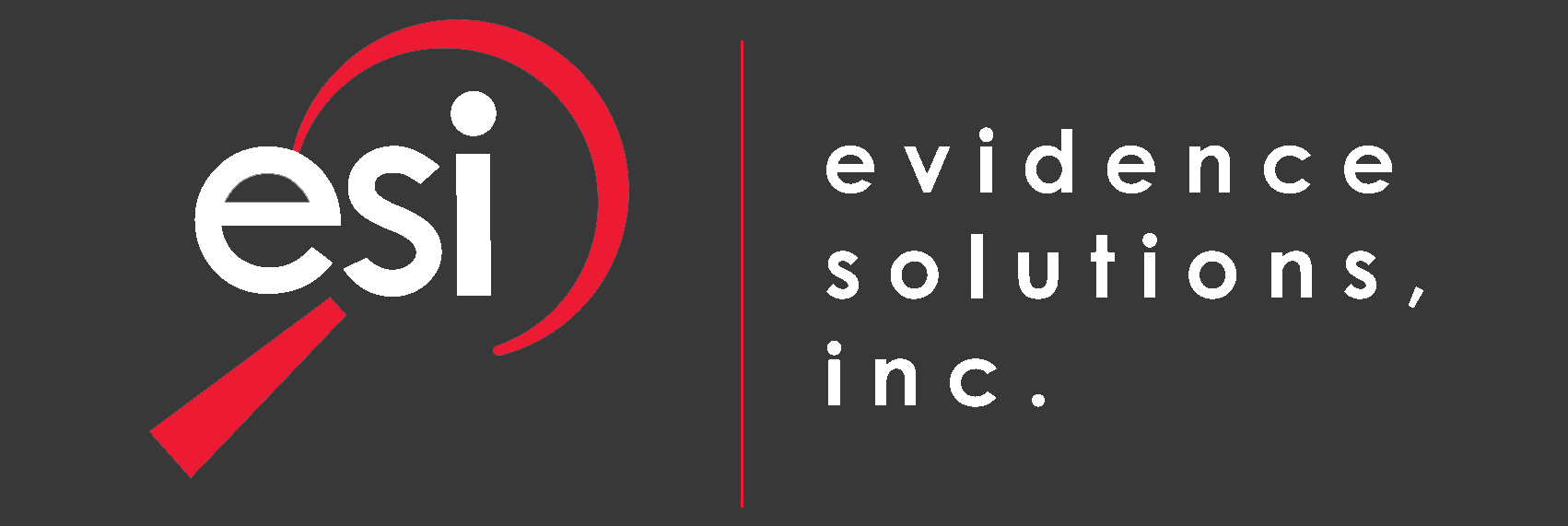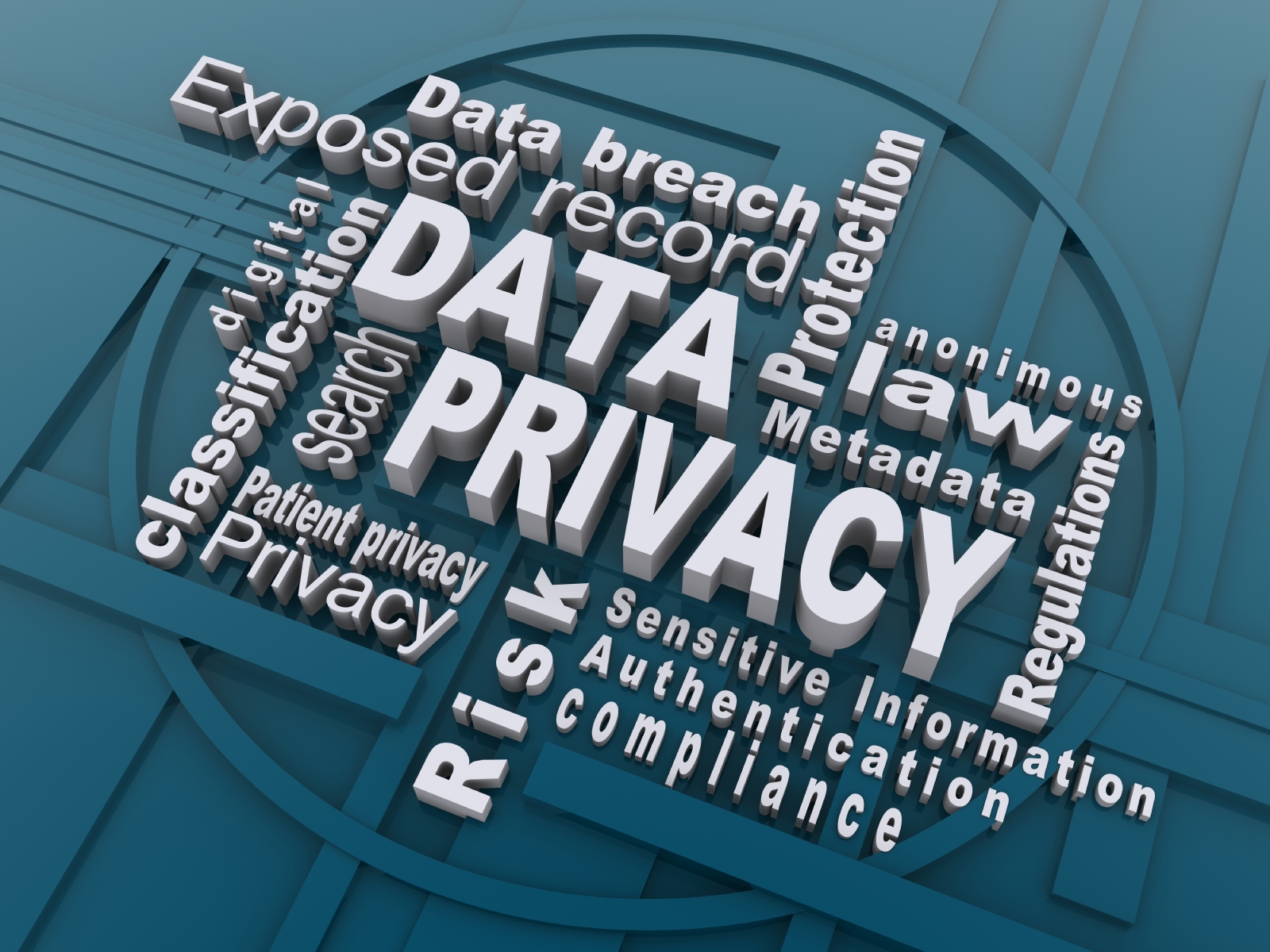Security and privacy are important, and probably more important than what many realize. Recently it has become more obvious that security and privacy have been lacking, so here are a few, sometimes wacky, tips to ensure your continued safety and privacy from a variety of threats that can arise.
#1 Do I care if anyone knows this? This is the question that needs to be continually asked when you are using any device. Stop putting your life story on social media. That funny photo from a bachelor/bachelorette party, your search history, Youtube history, at some point, somewhere in time, this information might be used against you, for what we cannot predict, but do you want to take that chance? In addition, Checking in on Facebook or Foursquare everywhere you go will keep a log of where you are day-to-day, allowing people to track you, including those with nefarious intent. Tagging people who do not want to be tagged in a picture, for various reasons can be a big security risk to them and to you. Again, nothing wrong with social media, just think before you post. And, when in doubt, borrow a friend’s device or account.
#2 Keep your personal and professional life separate online. Having a client find some remarks or pictures on your person Facebook page might not go over well, so with that in mind, keep these separate. Have all of your professional contacts in one social network or account, and keep personal in another. While this might be cumbersome in the short term, the long term effects will be helpful. If you need to post edgy or controversial posts, have an alias.
#3 Keep some confidential data on your phone. While this seems backward, allow us to explain. Wherever there is sensitive information, there are safeguards in place to protect that information. As such, keeping some sensitive data on your phone will cause you to be more wary of your surroundings and employ better safeguards to protect that data. It’s a risk, but one that will pay off. Hint: The more sensitive the data the more you will pay attention!
#4 Minimize your backups. Again, allow us to explain. There is nothing wrong with backing up information, in fact, we encourage it, but having too many of these backups can cause problems when it comes to hacking, and possibly discovery in a criminal or civil case. You might forget one exists, or have so many that you forget the password for one. Keep it to a minimum, and keep track of what is in them for safekeeping. And remember: If you put a long encryption passphrase on the backup and you forget that passphrase, it is unlikely that anyone else is going to get into it either.
#5 Don’t try to delete relevant data. This is important for court cases, but those of us who are skilled digital forensic professionals are very proficient in seeking out deleted data even shredded data. Maybe the data cannot be recovered, but the fact that traces were found that you did delete it will be enough to kill a case. It is very difficult to discreetly eliminate data, not even us.


